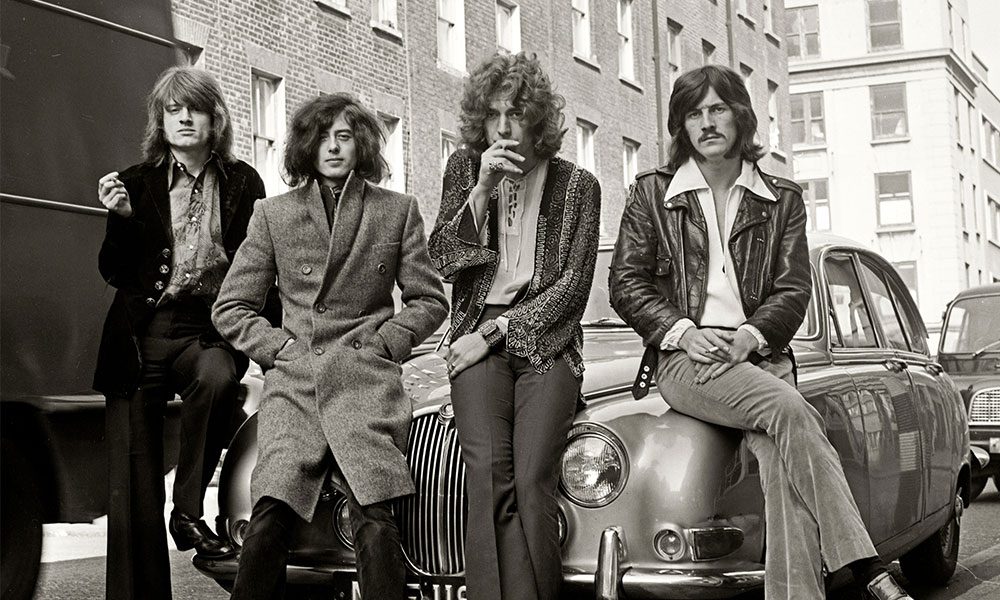Mention “hard rock” to a music lover and many will immediately think of Led Zeppelin. However, their musical journey reflects a range of tunes beyond rock, and “Thank You” is a glowing testament to that.
Behind the Song
Led Zeppelin’s debut in January 1969 was a landmark in rock history, especially considering its swift creation. Formed after Jimmy Page’s tenure with the Yardbirds, the new ensemble included talents like John Paul Jones, Robert Plant, and John Bonham.
Fast forward to five months after their first meeting, and they introduced themselves to the world with their iconic name (said to be influenced by The Who’s John Entwistle). With their immediate success, Atlantic Records eagerly pushed for a second album within a year, despite their packed touring schedule.
“Thank You” was birthed in June 1969 at London’s Morgan Studios. This studio session also brought the dynamic “Livin’ Lovin’ Maid (She’s Just a Woman).” Despite their hectic lives, their expansive skill set was evident.
When their second album hit the stores in October 1969, fans were thrilled. Critics took time to warm up, but the public’s reception was enthusiastic. Among the album’s robust tracks, “Thank You” stood out as a sentimental favorite.
The Story Behind the Lyrics
“Thank You” is a testament to Robert Plant’s lyrical genius. Being the youngest member, his maturity was evident in his words. Most of the music, particularly in the initial phase, was composed by Page. But he entrusted Plant with the lyrics.
The muse behind “Thank You” was Maureen Wilson, Plant’s wife. With their newly born daughter and the time Plant spent on tours, the song was a heartwarming message to his family. Through its lyrics, Plant emphasizes the strength and endurance of their bond, suggesting that their love was fated.
Led Zeppelin never settled for the ordinary. “Thank You” was more than a love song. The combination of Jones’ organ, Page’s guitar, and Bonham’s drums showcased their seamless chemistry, and Plant’s versatile voice brought depth to the song. Though the title doesn’t appear in the lyrics, the heartfelt appreciation shines through, portraying Led Zeppelin’s softer side to the world.

